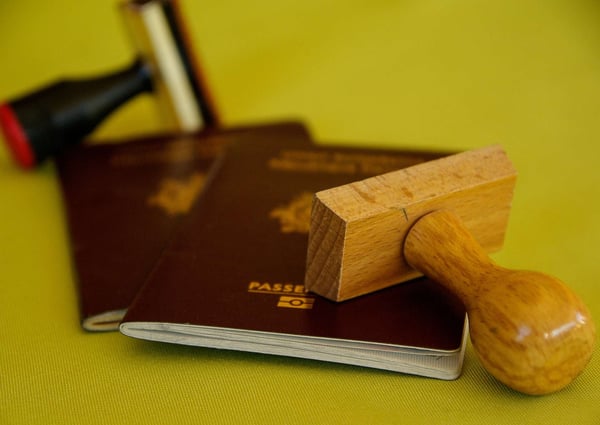How do people access refugee protection in Canada? In this video in the forced migration series,...


How do people access refugee protection in Canada? In this video in the forced migration series,...

In the fourth video in the forced migration series, Professor Clark-Kazak presents the key actors...

Why should Canadians learn more about forced migration in Canada? In this first video in the...

People have differential experiences of forced migration because of intersecting power relations...
Introduction to Forced Migration by Christina Clark-Kazak part 3: International Refugee Protection System
In this edition of the forced migration video series, Professor Clark-Kazak discusses three key aspects of the international refugee protection system. First, it is rooted in norms and institutions created after World War II. Second, regional laws and initiatives have emerged to respond to other contexts. Third, there are recent initiatives to address inequities and gaps in the current regime.
By Christina Clark-Kazak
Christina Clark-Kazak works as a Full Professor at University of Ottawa’s Graduate School of Public and International Affairs. She served as the President for the International Association for the Study of Forced Migration and worked as the Editor-In-Chief for Refuge: Canada’s Journal on Refugees. In the past she has worked for Saint Paul University, York University, the Canadian Government as well as the Coalition to Stop the Use of Child Soldiers. She held the position of president for the Canadian Association for Refugee and Forced Migration Studies. She worked as Director of York University’s Centre for Refugee Studies and Associate Principal at the University’s bilingual Glendon Campus. She focuses her research on age discrimination in migration and development policy, political participation of young people, and inter-disciplinary methodologies. Professor Clark-Kazak holds a doctorate from Oxford, a master’s from Cambridge, and a BA from the University of British Columbia.Also Read